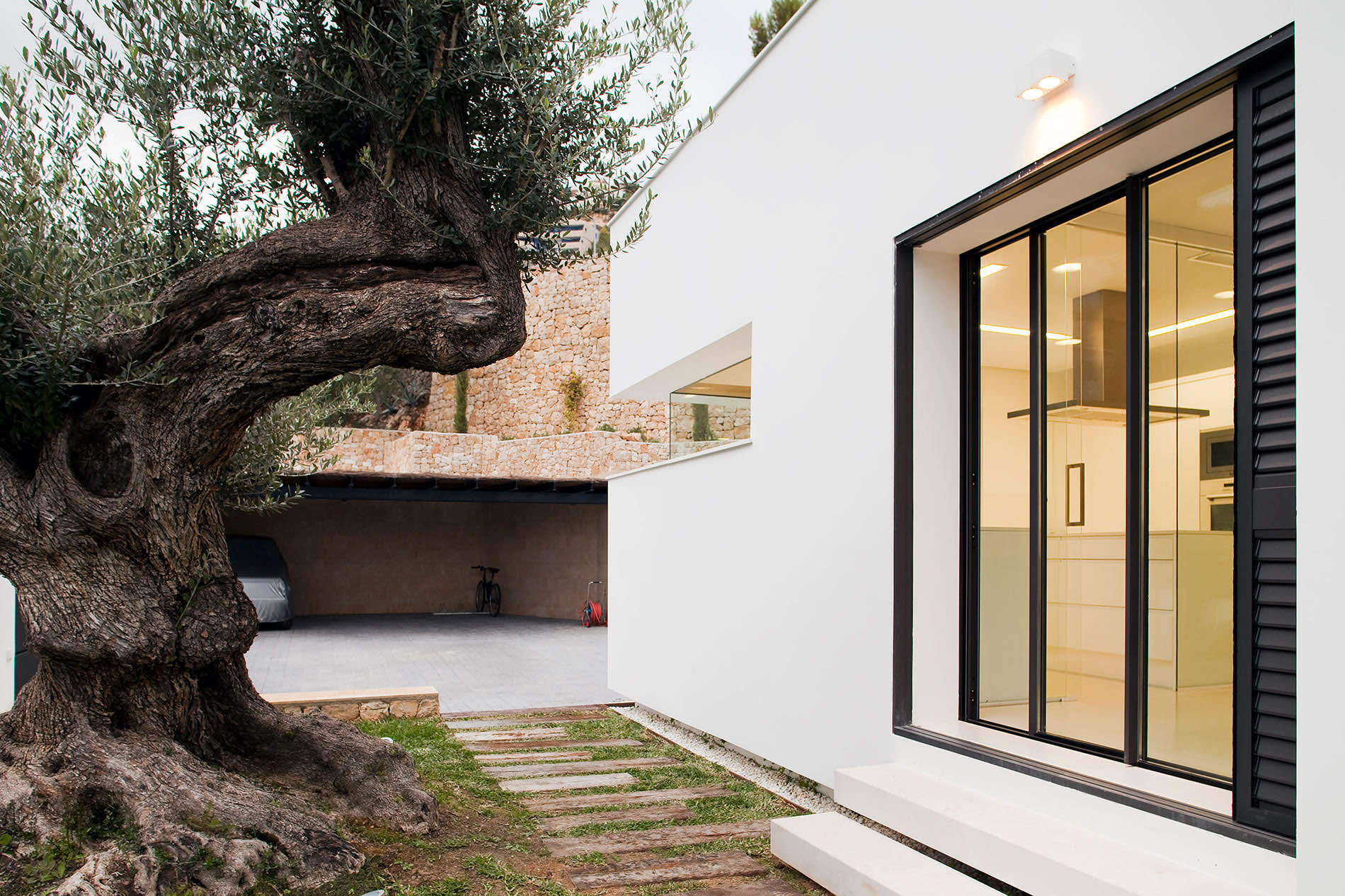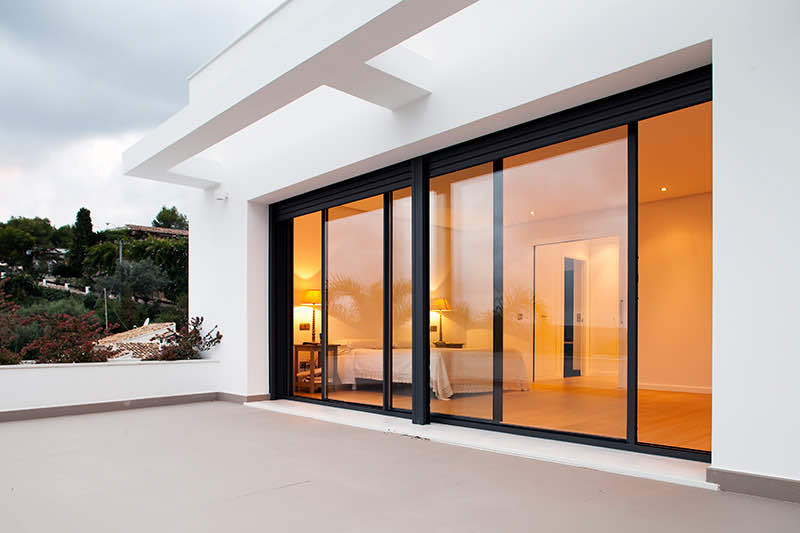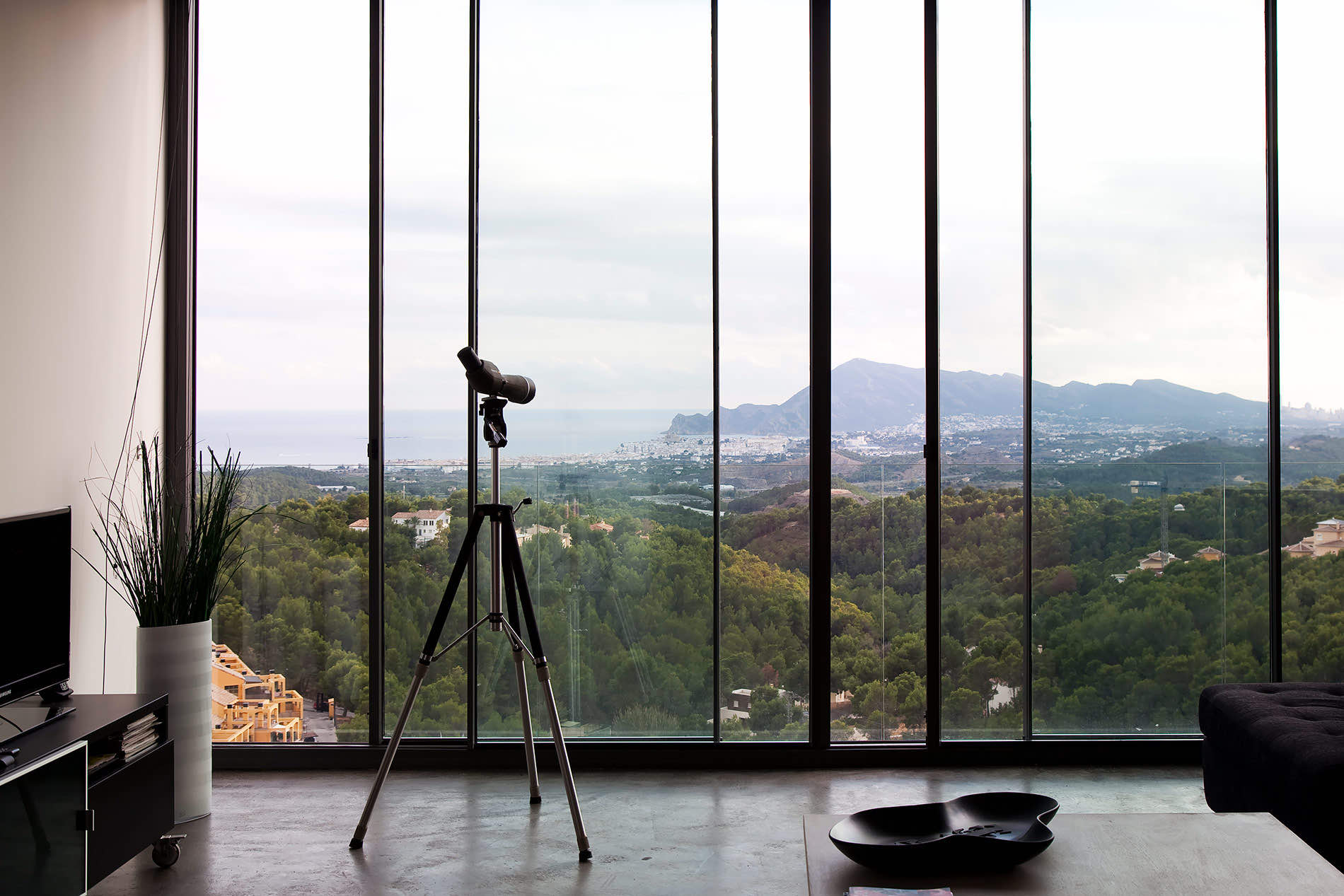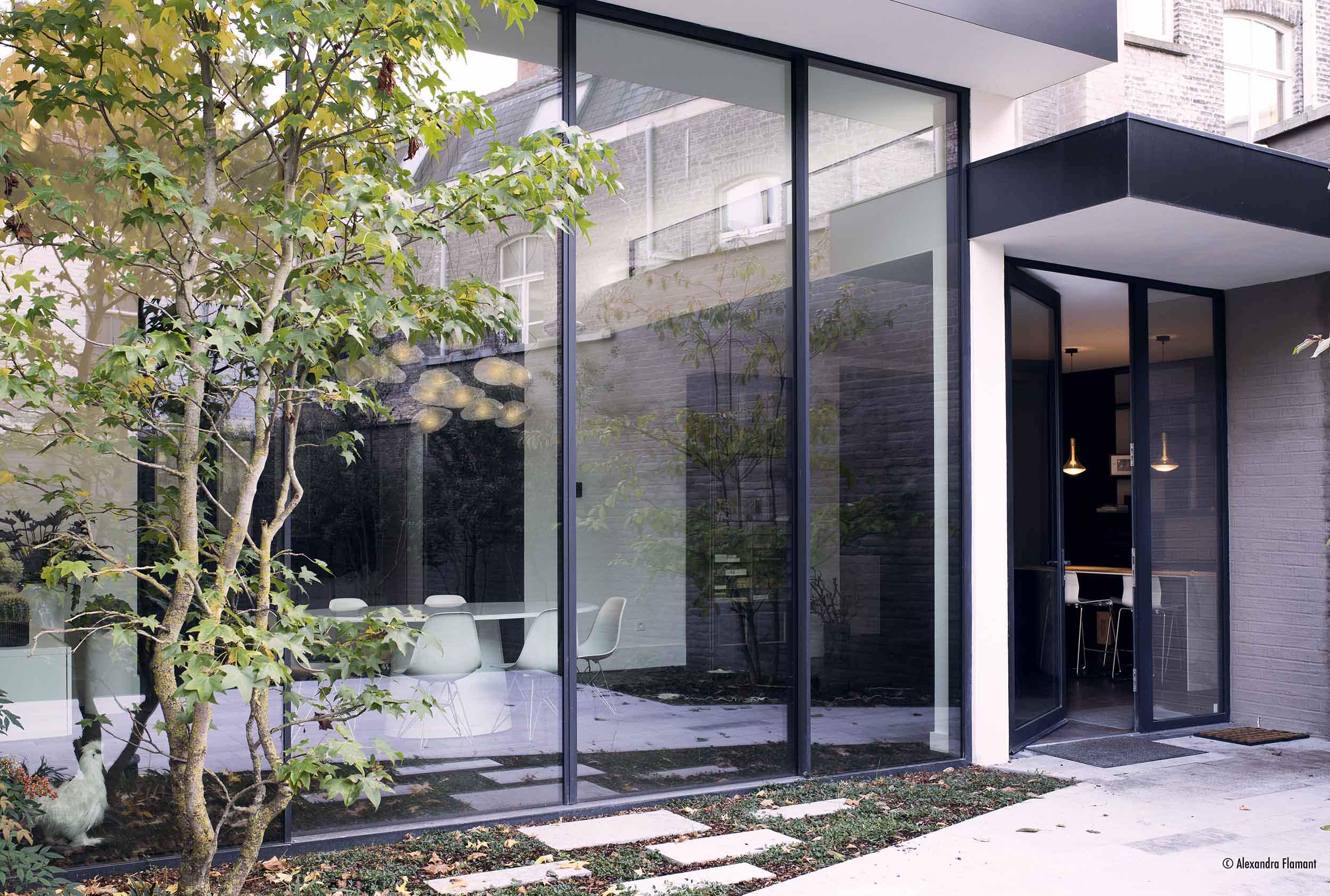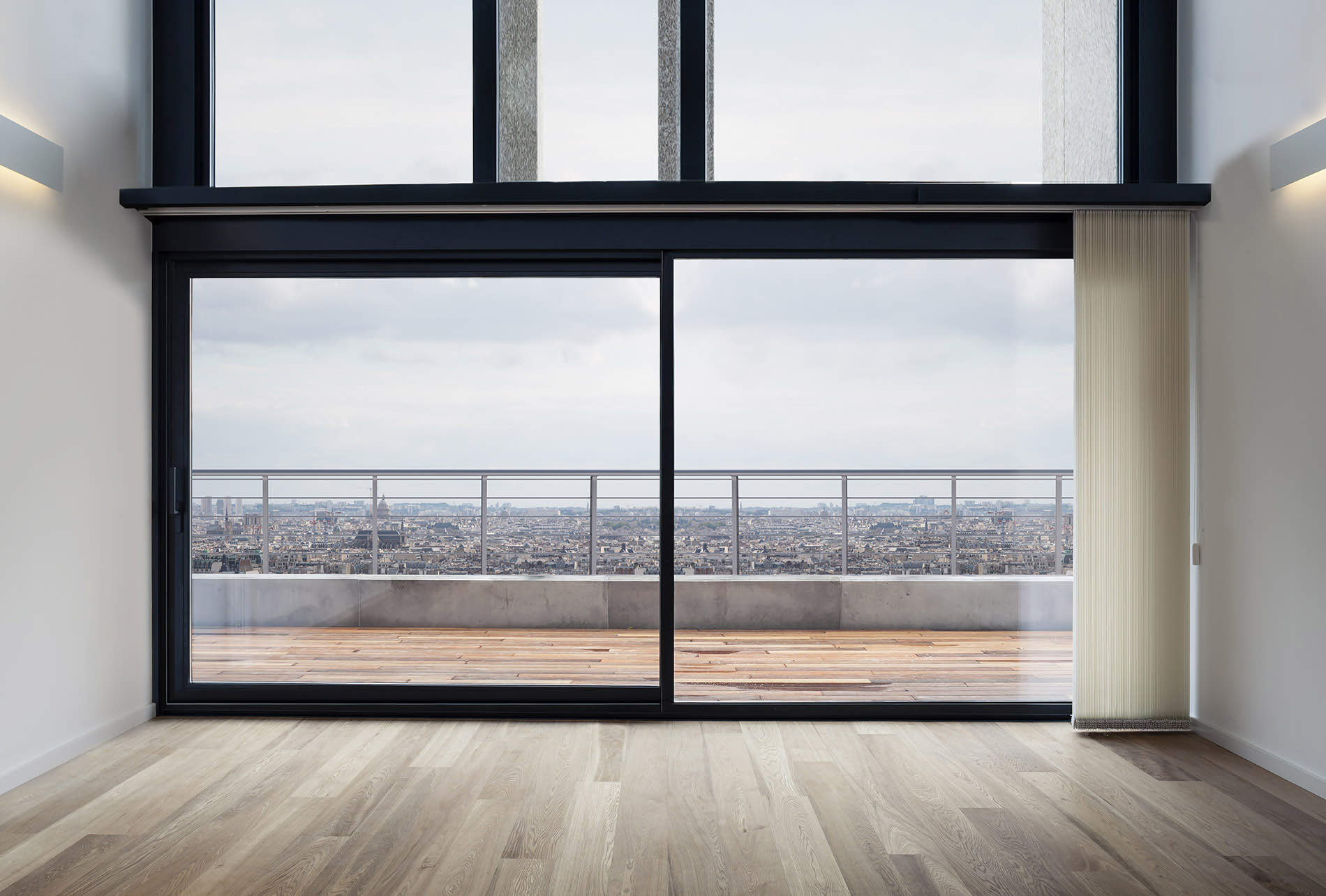Aluminium Sliding Doors VS uPVC Sliding Doors
Sliding doors are an ideal way to modernise a space and let natural light flood a room, whilst seamlessly blending the interiors of your home with your exterior surroundings. If you’re thinking of updating your UK home with sliding patio doors, then you have the option of investing in either aluminium or uPVC sliding patio doors. Both types of replacement doors offer a unique array of aesthetic and performance benefits that will greatly enhance the efficiency of your property. If you’d like to know more about the difference in aluminium or uPVC sliding doors, then read on to find out more.
